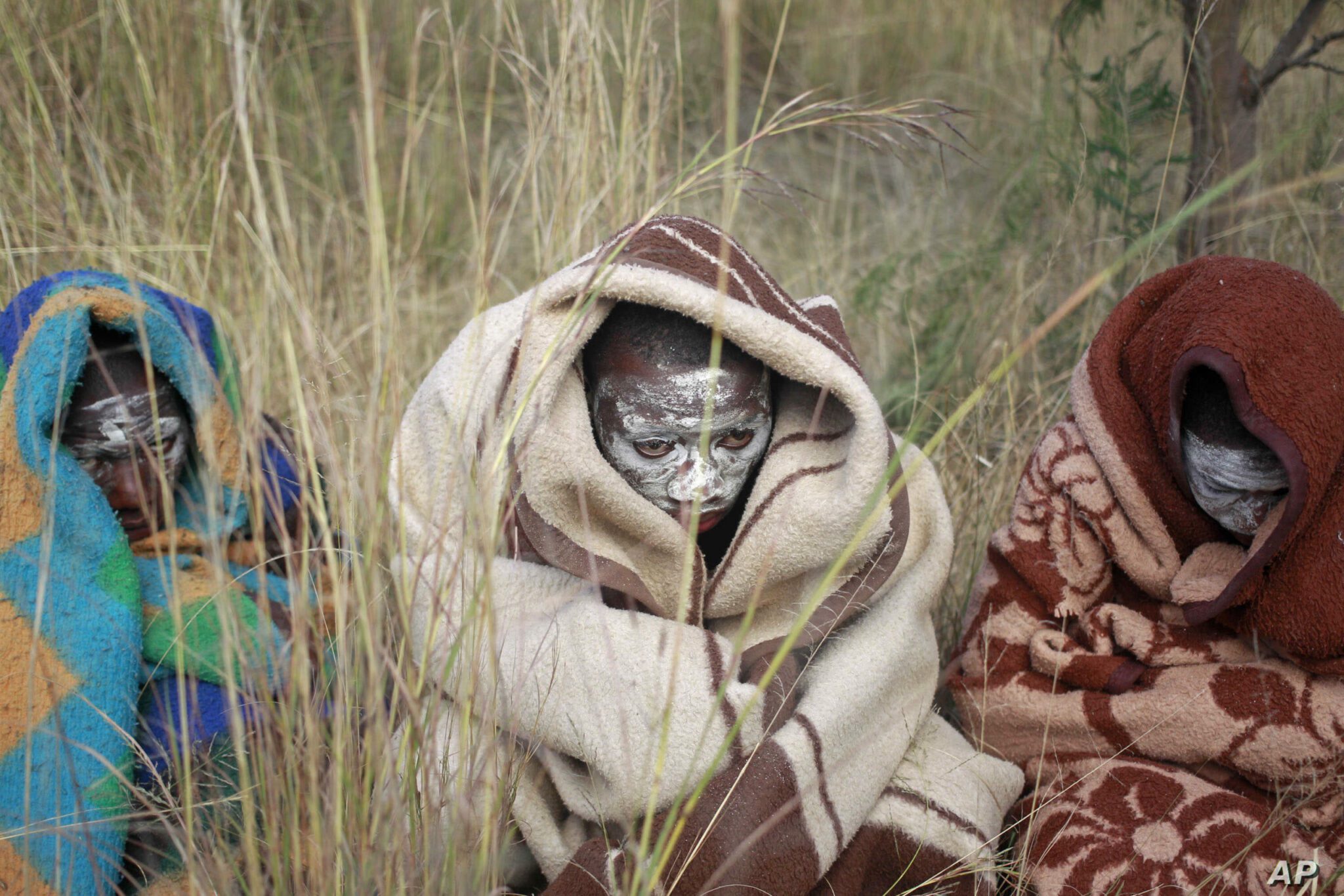By Andile Tshuma
As the world reels from the effects of the Covid-19 pandemic on public health and economies, little attention has been put on how the pandemic impacted people’s cultures.
For the Xhosa community in Zimbabwe, the pandemic affected a century old tradition which has been passed down across generations.
The initiation ceremony for boys, which marks their transition to manhood and is the highlight of the life of any young Xhosa man, could not be held owing to Covid-19 lockdown restrictions effected in March 2020 as part of efforts to help curb the spread of the virus.
For Linoyolo Tshawe (18) from Mbembesi, each passing day of the Covid-19 lockdown, particularly in 2020, was a heavy burden to bear as it signified another day of him being stuck in boyhood and failing to transition and cross over to manhood.
“Each day I see the foreskin on my manhood, I am reminded that I am not yet a man, according to the definition of man in my culture. The failure to attend initiation in 2020 was a setback as the girls in my village do not look at me as a man but just see an overgrown toddler. They call me “inkwenkwe” (uncircumcised young Xhosa male). I had been looking forward to this ceremony since childhood as it would have earned me a place at the men’s council,” he says.
Linoyolo is not alone, his friend, Mbongeni Zuko (19) is also counting his losses, as he is still unable to sit in the elder’s council during family meetings as he is not yet a man either.
He too was scheduled to go under the ulwaluko/ukusokwa ceremony during the winter season of 2020. However, like the many boys in the community, his dreams of transitioning to the men’s world were shattered by the Covid-19 which heralded lockdown restrictions that made it impossible for his community to hold important rituals.
“I have been waiting for this moment for over 10 years of my life. I have four elder brothers and I have seen how the family celebrated when they underwent the ceremony and we held the umgidi ceremony to welcome them back. This year was my time to shine, as the youngest son, but the pandemic has taken it away from me and I have to wait indefinitely,” said Mbongeni.
An estimated 150 adolescents undergo this cultural rite in Mbembesi during Zimbabwe’s winter months annually.
The pandemic has brought glaring class differences in the community, with families that afford, being able to privately call in medical teams to perform medical circumcision as they await the traditional ritual.
Leader of the Xhosa community, Chief Ndondo of Mbembesi, while speaking to CITE, said the Covid 19 ceremony had affected his community and their culture.
“This is a significant part of the lives of Xhosa males as it marks their transition into manhood. As a custodian of Xhosa culture, this pandemic has really hit hard on my people. For the first time in a century, probably more, we have been unable to perform the rite of passage for our sons as they mature into manhood. The ritual is performed in winter, so at that time last year, the Covid-19 regulations were still strict and enforced. Well, a few families managed to call in medical personnel, surgeons to come and perform the medical circumcision at their homesteads and small family ceremonies were held with a few elders of the community. However, this was for families that could afford to bring the health officials. The initiates will however join their peers at the main initiation school hopefully in this coming winter,” said the Chief
“It is my hope that the pandemic will have subsided by winter and that the laws will allow us to have our ritual. It defines us as a people and this is where young men learn what it is to be a man, what it is to be Xhosa men, this is where secrets of our people and the ways of our forefathers are transferred from one generation to another through these initiation schools.”
Community elders who spoke to CITE said the pandemic had detrimental consequences on the culture of the Xhosa people, which they said had left an indelible mark with 2020 defined as the year when boys could not be freed of the skin (foreskin).
“You know, to us, our culture is very close to our hearts. We are a proud nation, and to us the foreskin is a sign of childhood, to be a man one has to experience the pain of having the foreskin cut as the marker of the transition to adulthood. For as long as I have lived here in this Mbembesi Community, the ritual has been observed and performed annually and without fail. It is one of the rituals that are so sacred to us as a people and while it is understandable that the pandemic is beyond what any human can control, it has affected our boys,” said Roy Nqowana from Mqashwini village in Mbembesi.
According to the adolescents, the pandemic has denied them their birthright, an important aspect of their sexual reproductive health and cultural rights.
A Sexual Reproductive health rights peer educator, Lovemore Moyo, who works with boys in Mbembesi area said initiation marks the highlight of the year for young men in the area as it marks an important transition for boys into adulthood.
He said he was worried some boys were venturing into the murky waters of risky sexual behaviour and said many were suffering from a feeling of loss.
While the world hopes for an end to the pandemic, for the boys in Mbembesi, winter 2021 just can’t come sooner.

